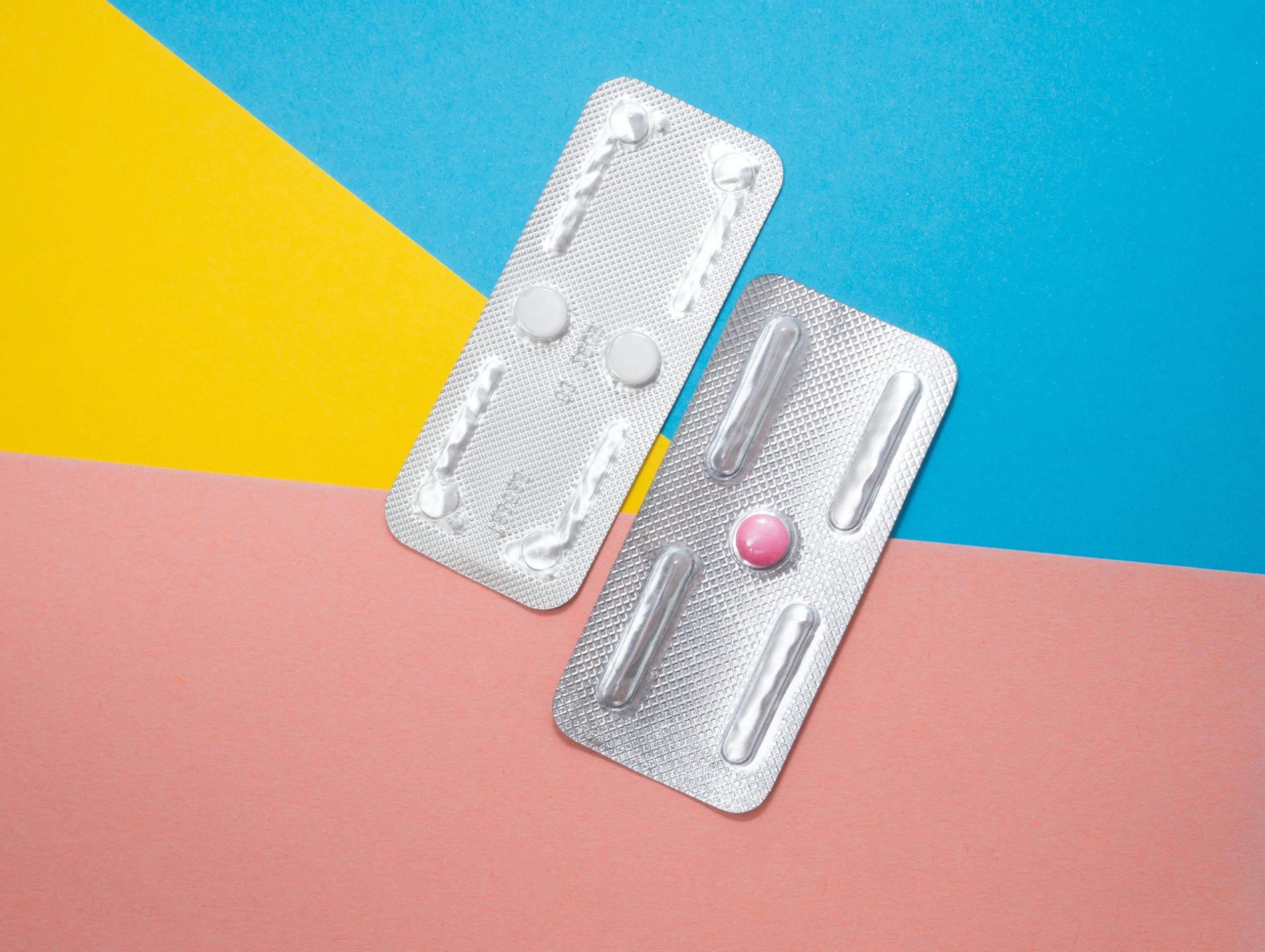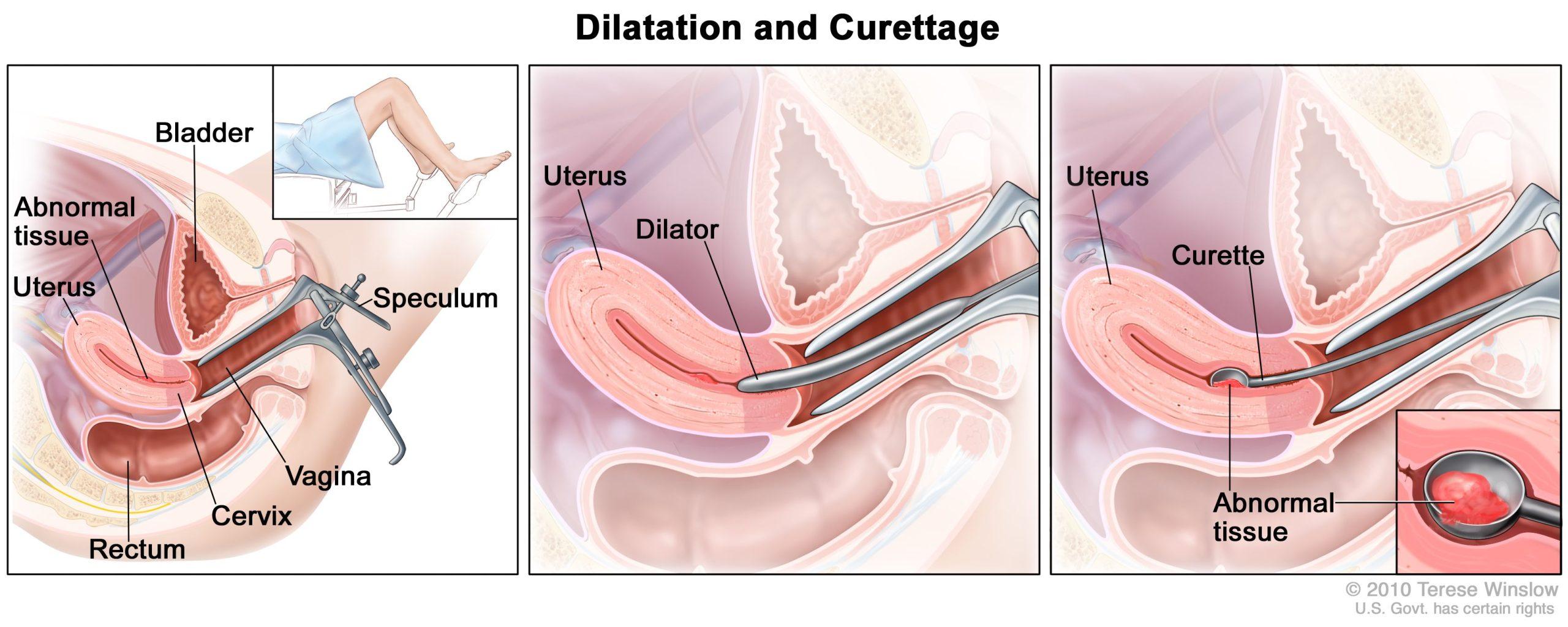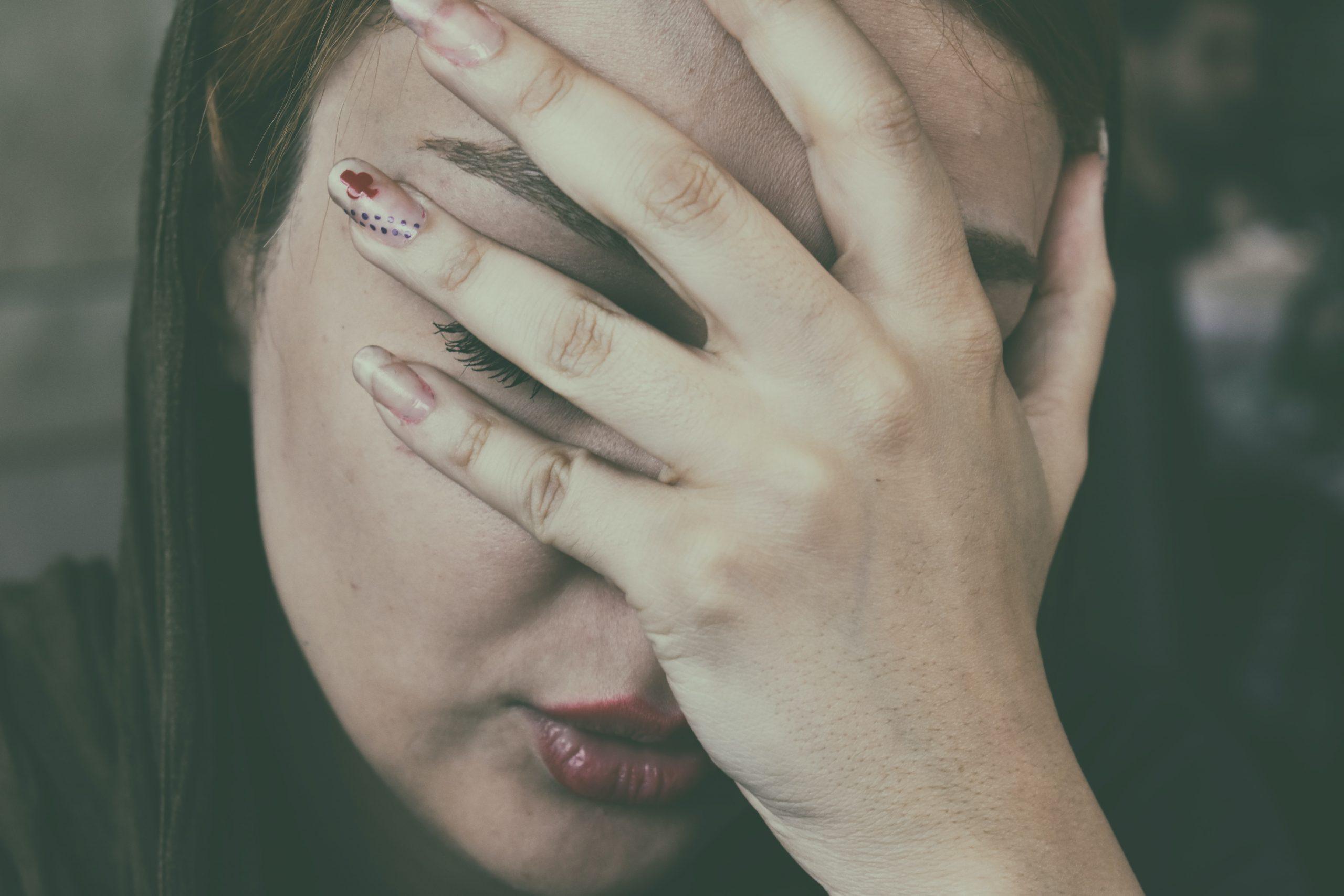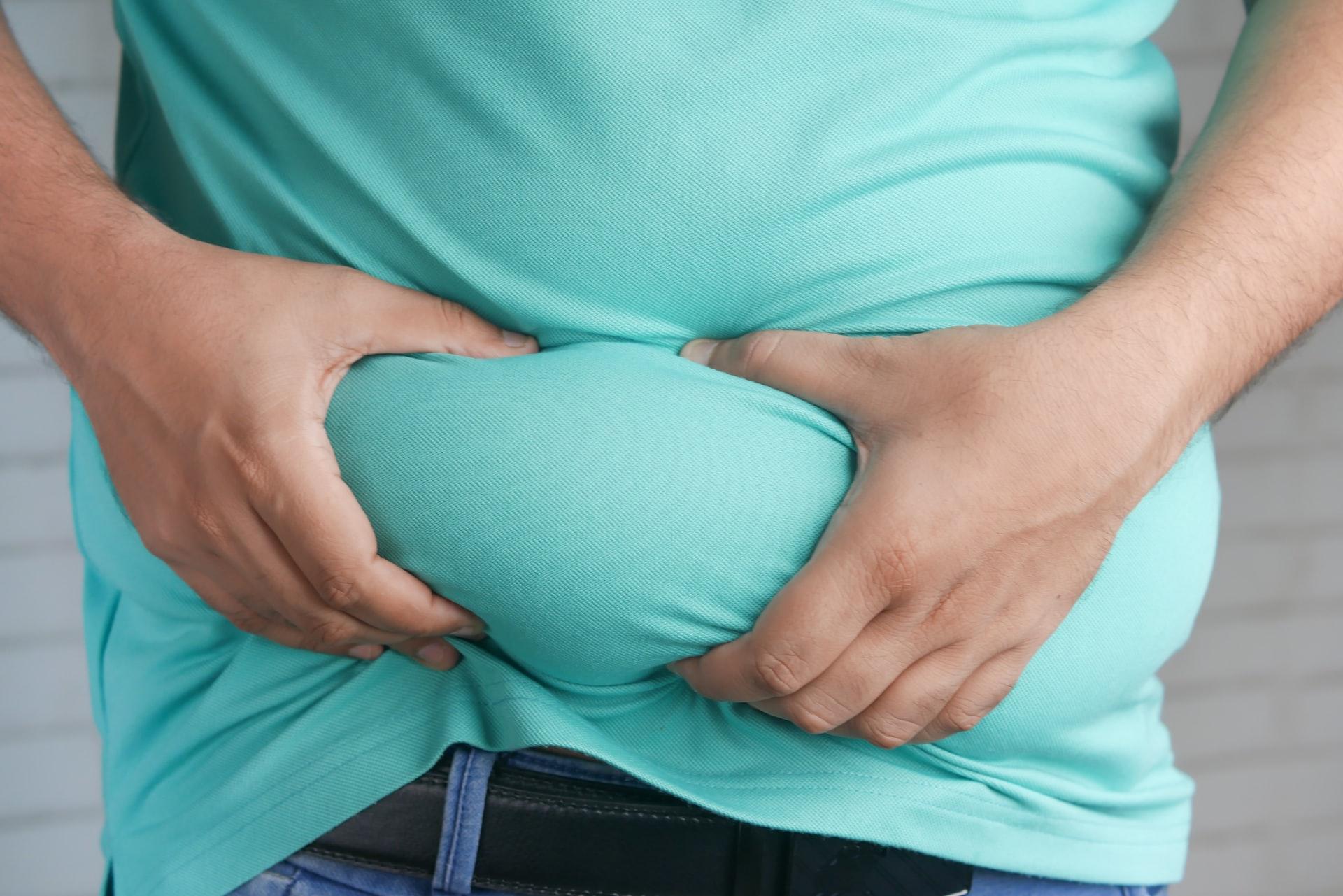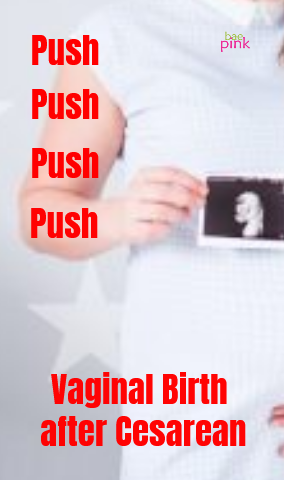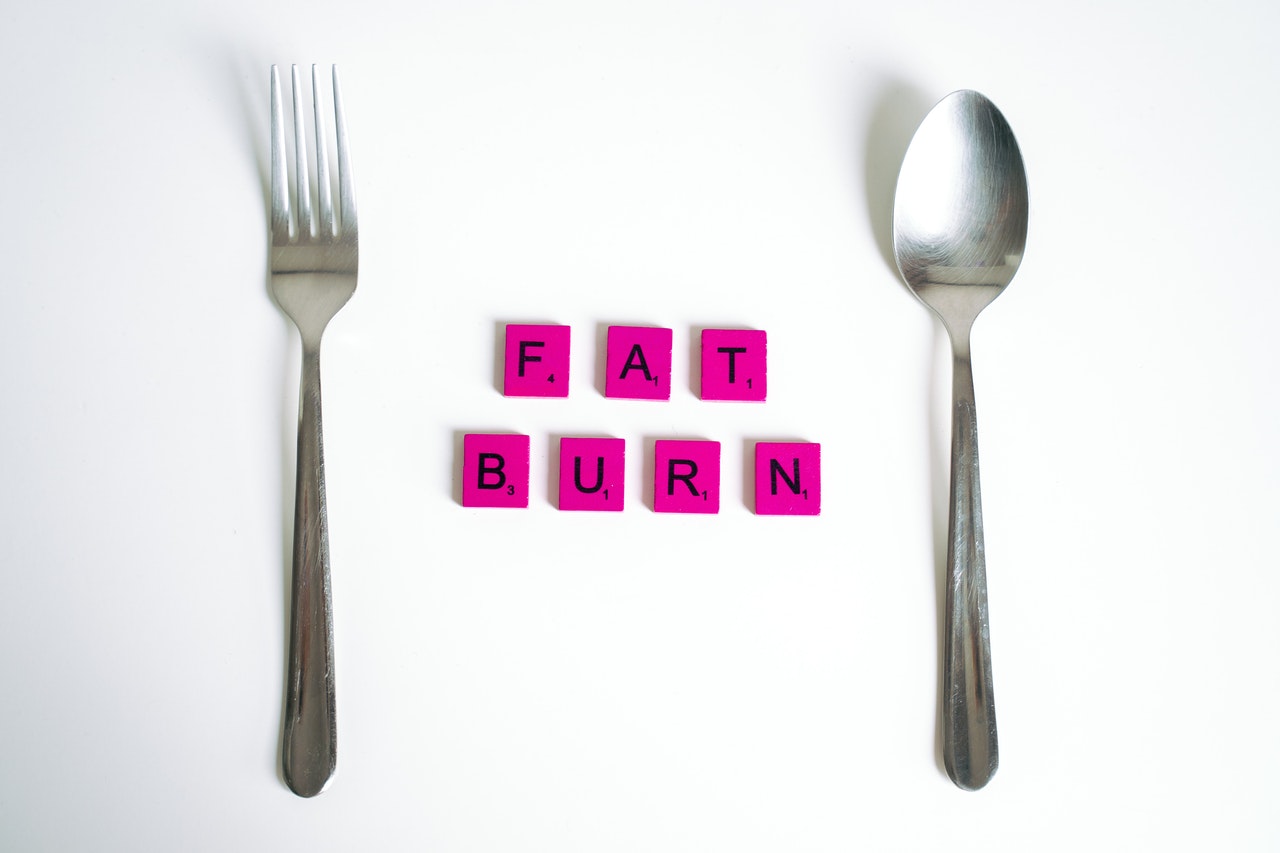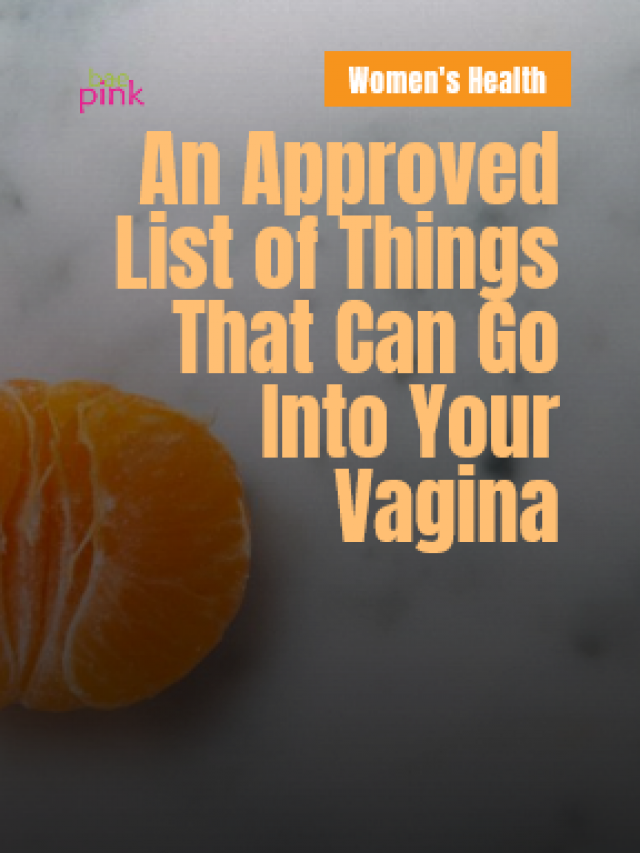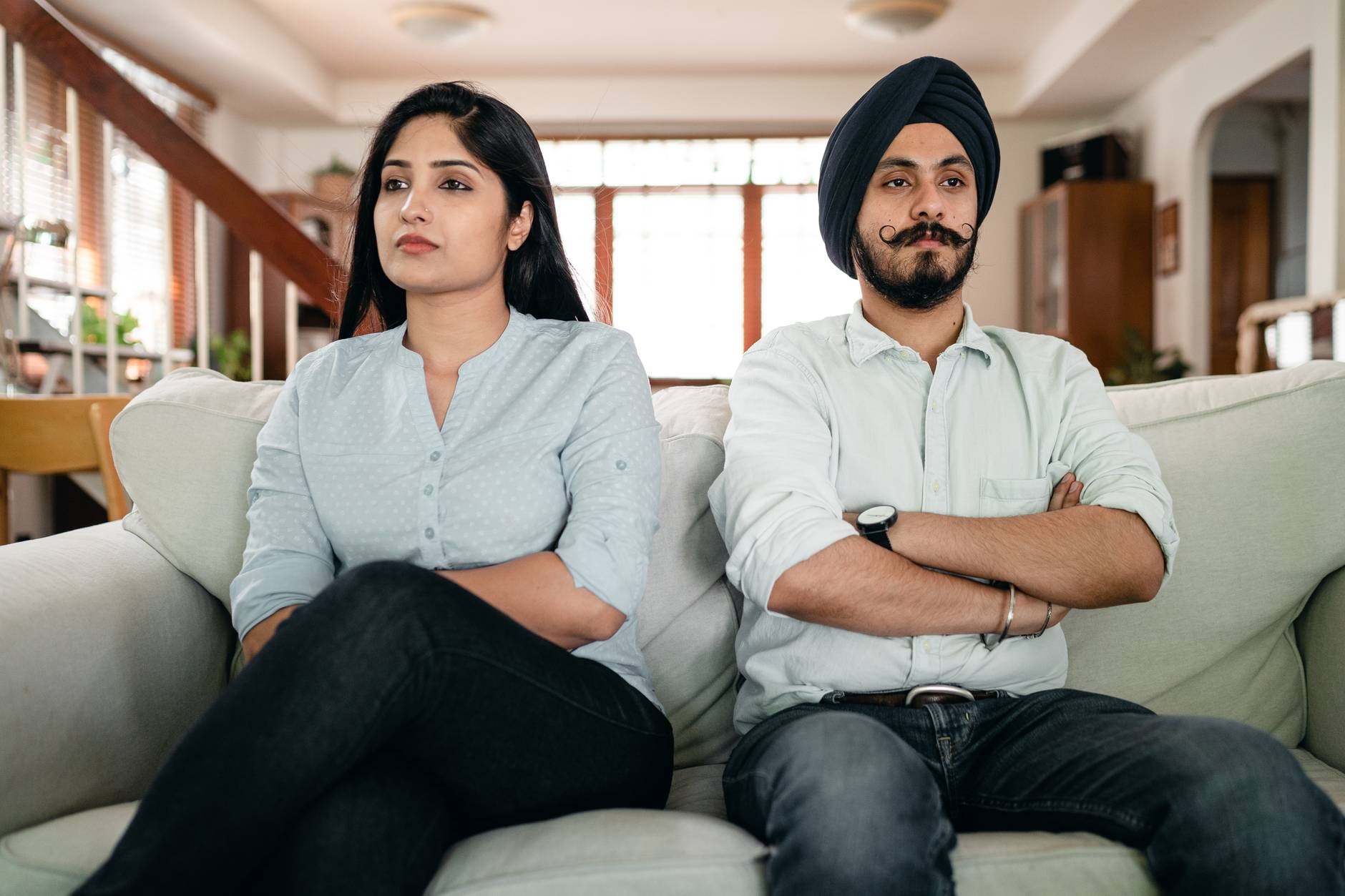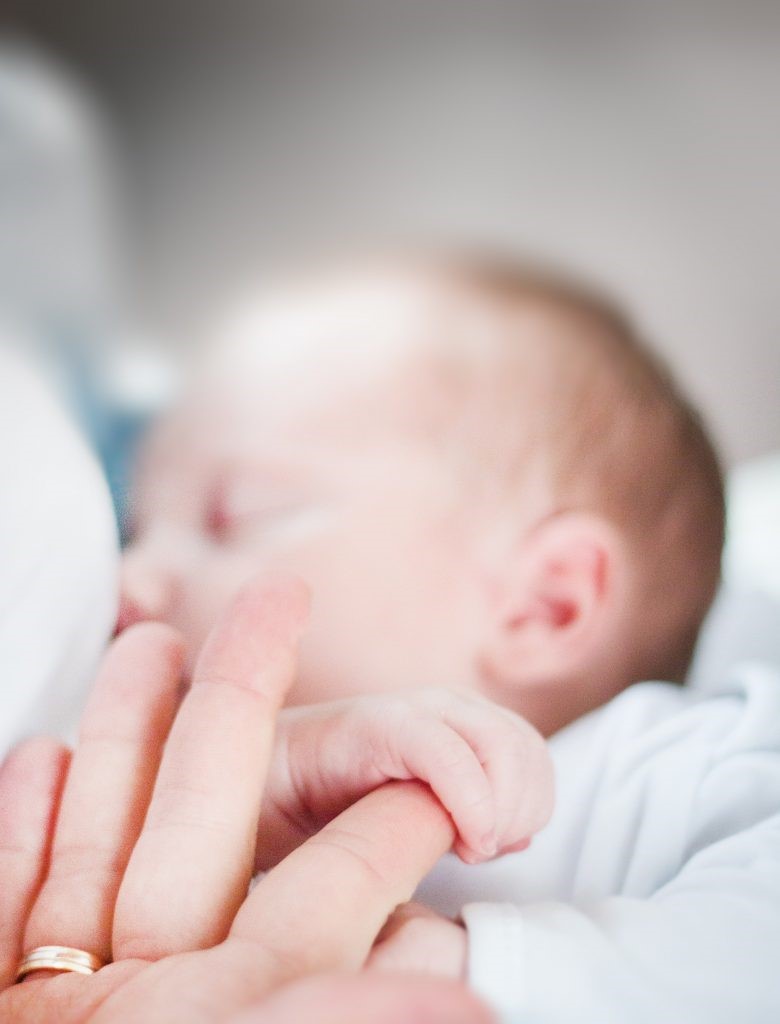EC – Emergency Contraception reduces the chance of pregnancy after unprotected sexual intercourse. It is recommended that Emergency Contraceptive Pills (ECPs) should be used within five days, but the sooner you use them after having sex, the better they work.
Emergency contraceptive pills are sometimes referred to as the morning-after pill. The term morning-after pill should be avoided because this name indicates that it can only be taken the next day, but ECPs are effective within three days of unprotected intercourse.
Canadian Pediatric Society
Emergency Contraceptive Pills vs Abortion Pills.
After an unprotected intercourse without the use birth control, skipped a pill, or the method of birth control failed or was sexually abused, emergency contraceptive pills can help prevent pregnancy.
A pregnancy that has already begun cannot be ended with an emergency contraceptive pill.
ECP mostly functions by postponing or inhibiting ovulation. Remember that the emergency contraceptive pill is not the same as the pill used to induce abortion. Abortion pills end an established pregnancy in which the fertilized egg has attached to the uterine wall and has begun to develop.
Emergency Contraceptive Pills types.
There are Mainly two types of Emergency contraceptive pills (ECP): Levonorgestrel (LNG) and Ulipristal acetate. Levonorgestrel (LNG) is a synthetic progestin. It is used orally in a single 1.5 mg dose. Alternatively, LNG can be taken twice, with an interval of 12 hours between each dose. The LNG method is the most popular and effective emergency contraceptive approach.
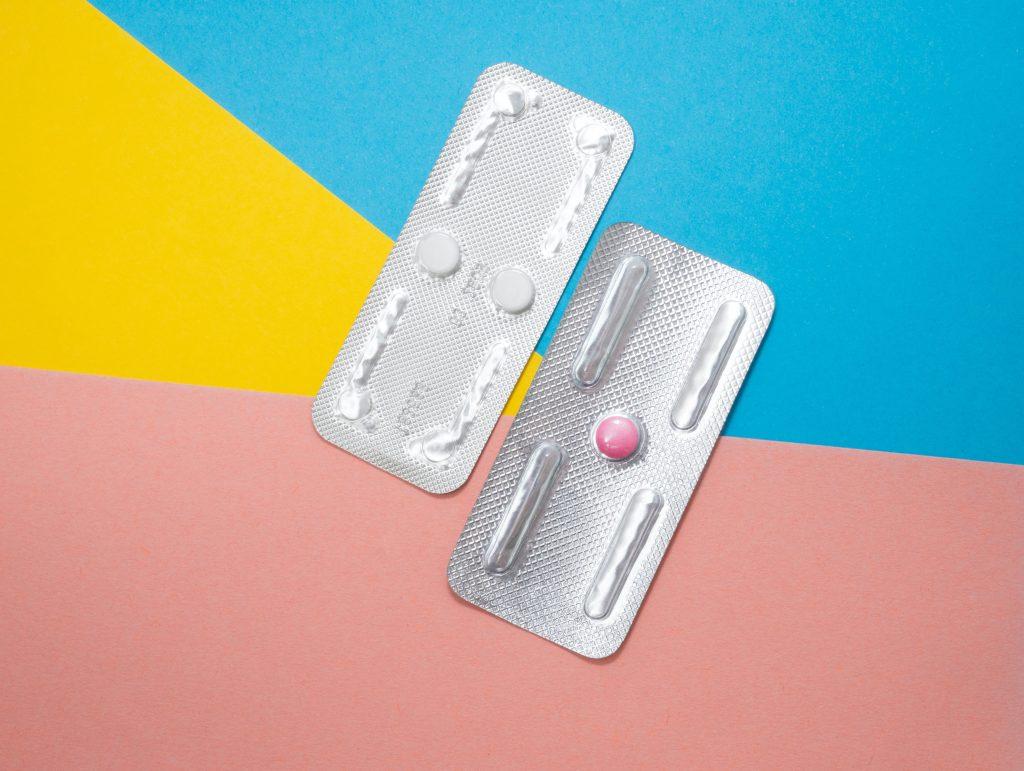
Second type of ECP is Ulipristal acetate, which is a specific modulator of the progesterone receptor. A 30 mg dose of ulipristal is administered all at once. In August 2010, the US Food and Drug Administration (US FDA) authorized the use of ulipristal as an emergency contraceptive. It is, however, restricted to a small number of developed countries.
How many Emergency Contraceptive Pills are safe to consume in a month?
The morning-after pill shouldn’t be used as a regular method of birth control even if there isn’t a definite limit on how many times you can take it. Emergency contraceptive pills should not be used repeatedly. Only use these pills as the last option that can provide backup support.
The fact that emergency contraceptive pills are less efficient and have more negative effects than regular contraceptives should be made clear, especially those who do so frequently. Also, its frequent use might have negative side effects, like irregular menstruation.
How to know whether Emergency Contraceptive Pills worked or not?
The ECP has been successful in preventing pregnancy if your next period comes on time. The morning-after pill may cause a one-week delay in your cycle. Take a pregnancy test if your period doesn’t arrive three to four weeks after taking the emergency contraceptive pill.
Always consult your doctor before starting any such medication. In most cases, you don’t need to get in contact with your doctor after taking the morning-after pill. However, get in touch with a doctor if you experience significant lower abdomen pain three to five weeks after using the morning-after pill, bleeding, or spotting that lasts longer than a week. These could signify a miscarriage or the fertilized egg implanting outside of the uterus, typically in a fallopian tube (ectopic pregnancy).
Emergency Contraceptive Pills risks.
Emergency contraceptive pills have an excellent safety profile, and no deaths or serious complications have been causally linked to any ECP regimen. ECPs may cause some side effects that are typically mild and transient. Each form of birth control methods has it’s pros and cons.
The most common side effect of ECPs is changes in the menstrual period that follows use of ECPs. Despite the possibility of minor spotting in the days following treatment, 58% of women experience their period a few days before the expected date.
The morning-after pill may cause certain short-term side effects, including nausea or vomiting, dizziness, fatigue, headache, breast tenderness, heavier menstrual bleeding or bleeding in between periods, cramps, or Lower abdominal pain.
Menstrual cycle changes.
Changes in the menstrual cycle are the most frequent adverse effect of ECPs. Depending on when in the cycle the pills are taken, these changes could differ. Levonorgestrel ECPs shorten cycle duration when taken early in the cycle but may have no effect or even lengthen the cycle when taken later in the cycle.
Ectopic pregnancy risk.
According to a study, women who use levonorgestrel ECPs frequently are at risk for ectopic pregnancies. In another study, numerous ectopic pregnancy cases have been documented after the use of levonorgestrel ECP.
Additionally, emergency contraceptives should not be used as a regular method of birth control and do not offer protection against HIV/AIDS or other STDs (Sexually Transmitted Diseases).
Emergency Contraceptive Pills effectiveness.
According to studies, ulipristal acetate is more efficient than levonorgestrel and maintains its efficacy for up to five days. In comparison to users of the levonorgestrel-only regimen (2.2%), users of ulipristal acetate had a lower pregnancy rate (1.4%), according to a meta-analysis of comparative effectiveness studies.
Also, the effectiveness of oral emergency contraception is influenced by body weight. This means both pills have lower effectiveness among obese or overweight women.
Emergency Contraceptive Pills is not for every woman.

Women should be empowered or allowed to make their own decisions and control their pregnancies because ECPs are a vital female-controlled contraceptive option. There are many birth control methods available, and the choice will be different for different women. ECPs are safe and effective, but frequent use could result in complications. Additionally, consult with a doctor for correct information on ECPs.


